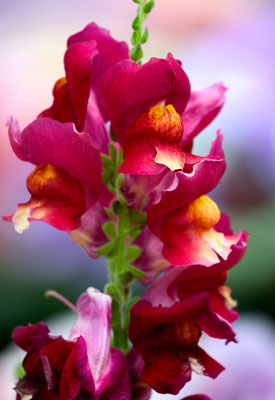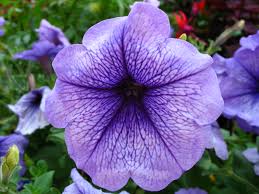The month of March is the gateway to spring. Green Goddess has been supplying its’ customers with a little help and assistance each month with basic care of their garden throughout the calendar year. Here are some March tips in making sure your vegetables, trees, flowers and plants are in good shape and stay that way.
We all hope the frost is gone, but occasionally we can still have a fruit alert in the Phoenix area, so it is best to keep an eye on weather reports and keep your frost covers handy for plants that are most susceptible to frost damage. When warm weather first starts, bugs come out. Keep an eye on your garden plants, vegetables and fruit trees. An effective way to detour or stop an attack on your garden is to spray plants and vegetables lightly with water that has a couple drops of dish soap in it.
Your lawn care tips include watering Rye grass once or twice a week. This all depends on the weather and our specialists at “Green Goddess” are always available for any questions. Your Bermuda grass will be dormant for another month or so depending on when the warmer weather takes hold so it only needs water usually once a month. March is the time to attack any weed problem that will help prevent them from being an issue later.
March is also time to plant shrubs, trees and citrus trees. This gives them time to get their roots established before the summer heat comes in. Citrus trees that are between 2 to 5 years old are generally the most successful transplant age. Older trees can be expensive to transplant and are more likely to suffer transplant shock.
Fertilize existing trees and shrubs and prune shrubs that are thick and over grown. Thin fruit trees a little. This will help the fruit that has started to grow to remain healthier and grow larger.
Flowers should be fertilized with a high phosphorous and nitrogen product. March is also the time to prepare flower beds for spring. You should prepare your flower or vegetable garden by using mulch, manure, organic matter or compost. They are all great ingredients to establish and grow a sound garden.
This is the time to plant vegetable seeds, carrots, corn, cucumbers, melons, beans, radishes, squash, okra to name a few. Planting transplants this time of year that establish themselves easier to your garden include tomatoes, peppers, eggplant and artichokes.
If you have an herb garden, trim back the dead growth. Herbs to plant this time of year include thyme, sage, mint, parsley and rosemary.
We hope this helped your March preparation for your monthly gardening. Remember, don’t forget to:
- Fertilize and prepare soil for flowers and vegetables
- Never prune more than a ¼ of your total plant using clean and sharp tools
- Never plant roses that face Western exposure due to the summer heat in the afternoon
- Get after those weeds before they take hold and are harder to remove
- Grass should not be watered at night. It leaves it more vulnerable to fungi disease
- For people who say gardening is “not exercise” ignore them, for obviously they have never done it.




 Other tips during this month include pruning roses and deciduous fruit trees (citrus trees that have fruit that falls off at maturity). Roses can also be fertilized to help prevent black spot in the spring and keep mildew away. Some deciduous trees that don’t react well with freezing temperatures include apple, plum, peach and generally most fruit trees. All should be monitored and pruned when freezing conditions are present.
Other tips during this month include pruning roses and deciduous fruit trees (citrus trees that have fruit that falls off at maturity). Roses can also be fertilized to help prevent black spot in the spring and keep mildew away. Some deciduous trees that don’t react well with freezing temperatures include apple, plum, peach and generally most fruit trees. All should be monitored and pruned when freezing conditions are present.
